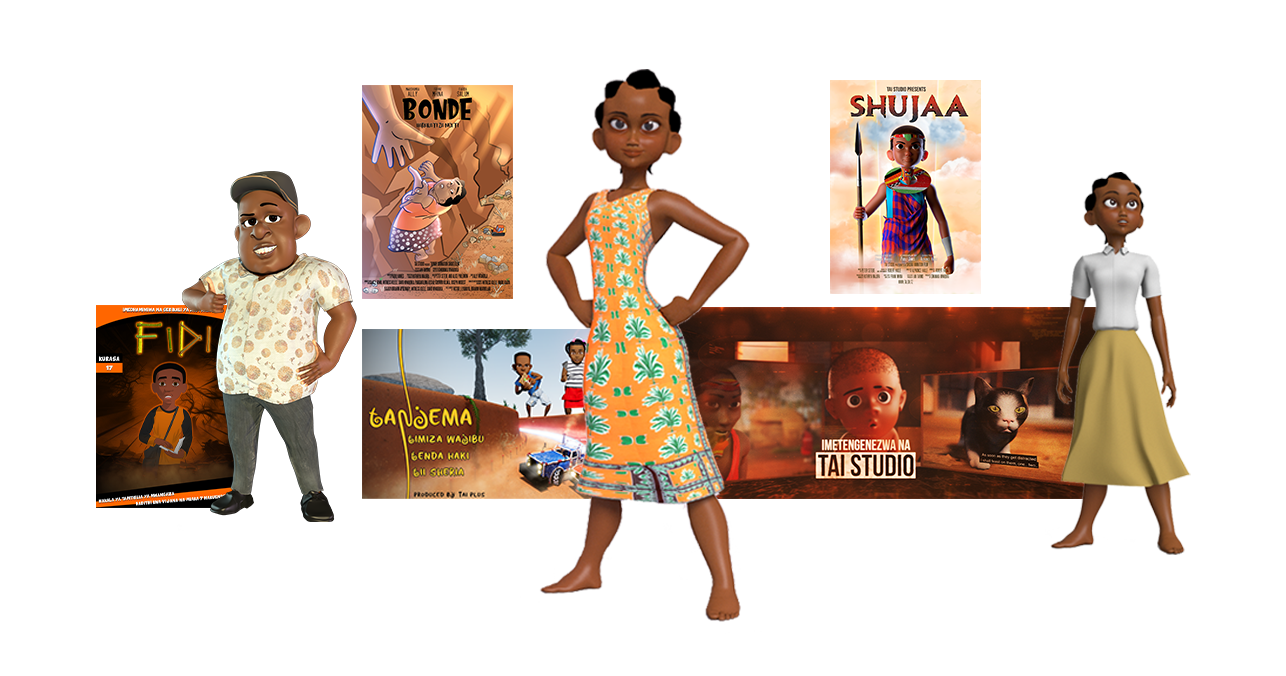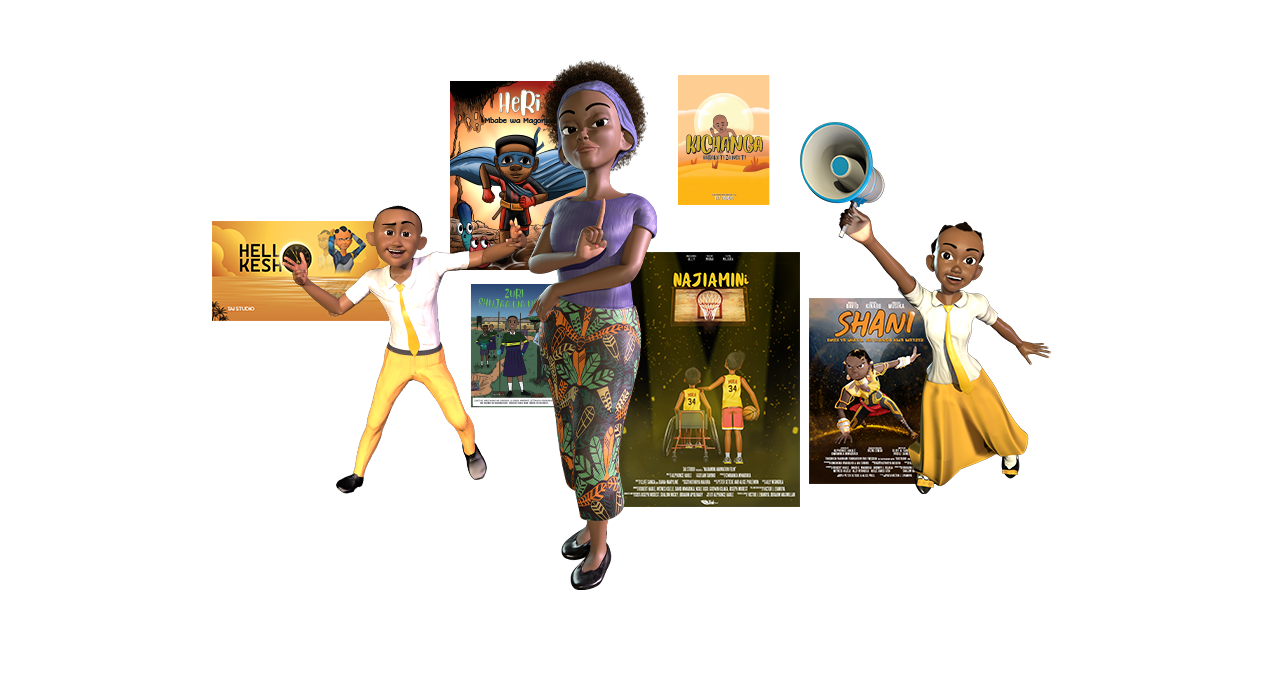Health & Wellbeing
Program Impact & Output
45.6k
Adolescents & Youth engaged
100
Schools reached
9K
Educators, parents & guardians
12
Content produced
2.83M
People reached through traditional & digital media
The Health and Wellbeing Program addresses adolescent challenges in health and gender equality, aligning with UN SDGs 3, 5, and 6. It combats harmful practices such as gender-based violence, teenage pregnancy, child marriages, menstrual hygiene issues, and female genital mutilation, while promoting equal opportunities for girls. By empowering youth and community leaders through Social and Behaviour Change Communications, strategic partnerships, and targeted initiatives, the program drives systemic change to tackle the root causes of inequality. With strong community involvement and collaboration, it ensures lasting impact, fostering healthier, more just communities. Supporting this program is an investment in a fairer, healthier future.
Problem
The Health and Wellbeing Program addresses critical issues affecting adolescents, particularly in health and gender equality. Globally, 1 in 3 women experience gender-based violence, and over 12 million girls marry before age 18 each year. Teenage pregnancy rates remain high, with 21 million girls aged 15-19 giving birth annually, often due to lack of education and resources. Female genital mutilation affects 200 million girls and women worldwide, with severe health and social consequences. These issues perpetuate gender inequality, limit opportunities for girls, and undermine community health and development, necessitating urgent and systemic interventions.
Intervention
Our approach prioritizes long-term impact by integrating environmental stewardship into local cultures and fostering community ownership. We build capacity by equipping local leaders and educators with essential tools and knowledge for sustaining climate action. Our interventions are scalable and adaptable, effective in diverse contexts.
We start with thorough research and stakeholder engagement, using a Human-Centered Design (HCD) approach to develop strategies. We produce engaging edutainment content, such as 3D animations and radio stories, to raise awareness and drive climate action. This content, distributed via traditional and digital platforms, is supported by strategic partnerships.
Community engagement is key. We facilitate dialogues, debates, and partner with organizations to inspire youth actions like tree planting and waste collection. Our focus on community-led solutions promotes sustainability on land and in marine environments. Continuous monitoring and evaluation ensure our interventions drive effective, sustainable change.
Project 1: Darubini Project.
The Darubini Project aims to improve sexual and reproductive health (SRH) for young people in Tanzania, where around 27% of teenage girls have become mothers by age 19 and struggle to access reliable SRH information and services. The project uses creative approaches, including 3D animations, comic books, and audio stories, to educate youth, provide accurate SRH information, and connect them with supportive health services. By leveraging both traditional and digital platforms, the project reaches a wide audience.
Beyond educational efforts, the project engages youth through debates and essay competitions and fosters community discussions on SRH issues. The initiative collaborates with local leaders, government, NGOs, and partners like the Tanzania Ending Child Marriage Network (TECMN) to ensure effective and sustainable impact. A practical guide for educators supports consistent SRH education. By promoting community-driven solutions and involving key stakeholders, the Darubini Project helps build a future where Tanzanian youth are well-informed and empowered, leading to healthier and more equitable communities.
Project 2: Jali project
The Jali Project aims to enhance menstrual hygiene and health (MHH) for girls in Tanzania, where over 40% of adolescent girls lack access to sanitary products and reliable menstrual hygiene education. This often results in missed school days and increased vulnerability to health issues. The project utilizes engaging methods such as 3D animations, comic books, and audio stories to educate youth, provide accurate SRH information, and connect them with essential menstrual hygiene services. Content is distributed through traditional and digital platforms to reach a broad audience.
In addition to educational efforts, the project encourages youth participation through debates and essay competitions and fosters community discussions on MHH challenges. In partnership with UNICEF, the project offers the Oky App—the first period tracker created by girls for girls—to support menstrual health management. Collaborating with local leaders, government agencies, NGOs, and organizations like the Tanzania Menstrual Hygiene Coalition ensures the project’s effectiveness and sustainability. A practical guide for educators supports ongoing MHH education. By promoting community-driven solutions and engaging key stakeholders, the Jali Project helps create a future where young people are well-informed and empowered, leading to healthier and more equitable communities.

